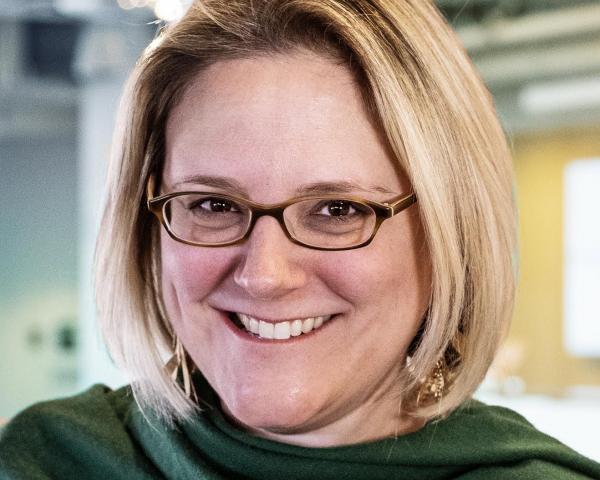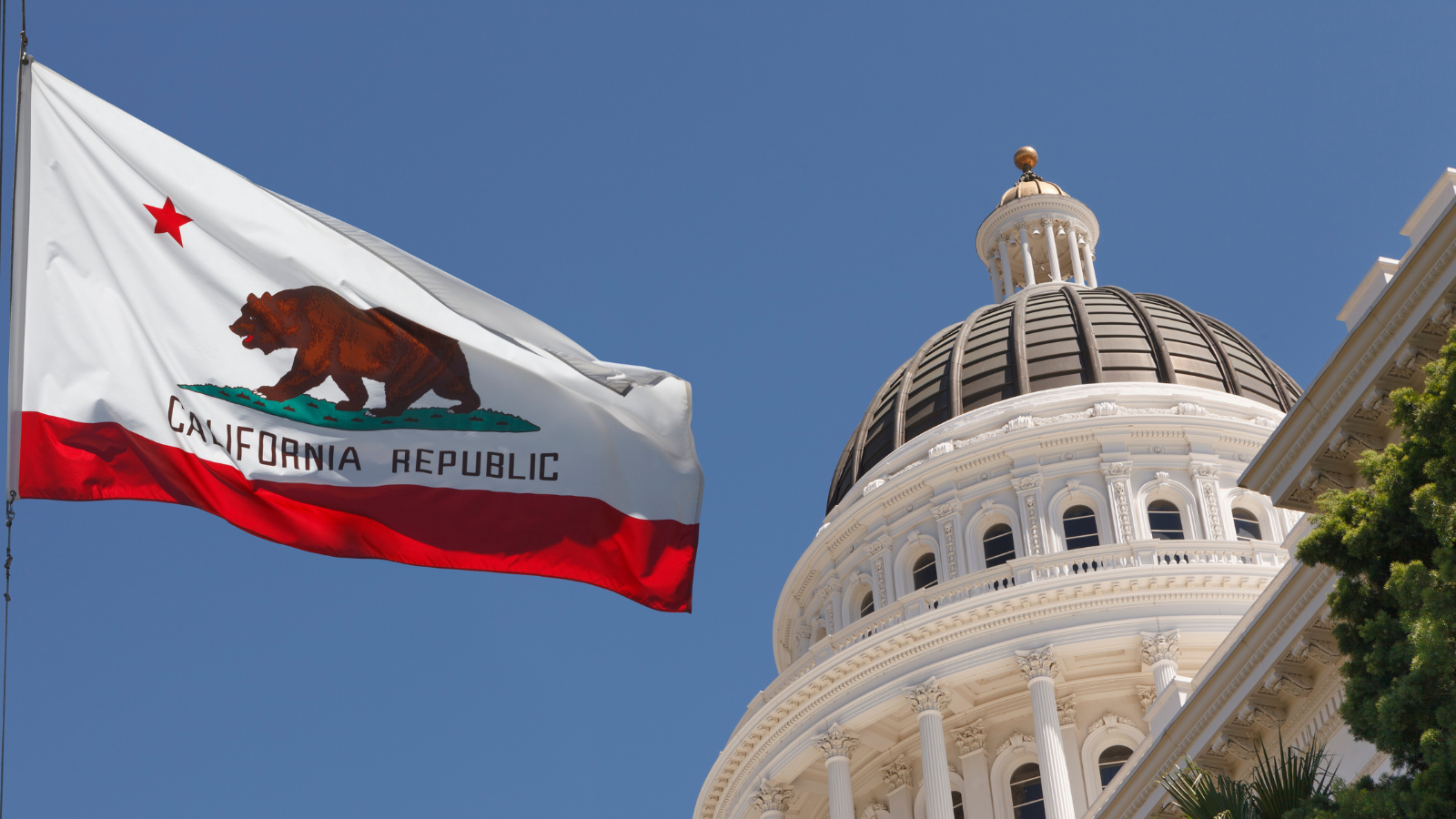I was recently chatting with someone who insisted that we needed to sell directly to consumers to be successful…you know, like Progressive.
Progressive is where I cut my teeth on insurance, but it’s been years, so I grabbed the annual report:

Source: Progressive’s 2019 annual report
Yup, of the plain old auto policies in force, 47% were sold through independent agents.
My friend and I also had a nice chat about farmers markets. You know, where, at least pre-COVID, people would walk around with their “Shop Local” reusable bags and buy $5.99-a-pound heirloom tomatoes?
Shop local, but not for insurance?
Turns out we’re oversimplifying again.
Tomatoes come in varieties, insurance buyers don’t. There is no such thing as a direct consumer or an agency consumer.
This is kind of crushing if you’re proud of the insurance company you work for:
If you ask the first 10 people you find in the street who their insurer is, maybe four will give you an accurate answer. (Unless you’re standing outside an insurance convention, back when we used to have those). Another three will give you the name of a company they used to be insured with, or whose commercial they last saw. The last three will give you the name of an agency, which they may not actually be insured through. These numbers are approximate, of course, but they are close.
Even more dispiriting is if you choose 10 of your own customers and ask the same question….and get roughly the same set of answers.
Uh-oh. So, customers don’t care enough to remember who they bought insurance from?
This isn’t to blame consumers. Quick, last time you went to the emergency room for yourself or a loved one, what was the name of the medical professional who was most involved in your treatment?
Yeah, most of us have no idea, and it’s not because a medical emergency isn’t important. It’s just that the name doesn’t stick because it generally doesn’t matter – so long as the ER is staffed correctly, there’s someone to treat you. Similarly, so long as you’re insured, you’re fine. (Until you have a claim, which most customers won’t most years, and then fingers crossed…)
This lack of recollection also means that there are very few customers marching around insisting that they purchase insurance from a carrier that sells directly vs. through an agent.
Rather, people are just looking for what fits best in their lives.
People buy insurance based on the experience they are looking for and what’s easily available to them, at the point they want to buy in the context of their own lives.
- It might be the web search that they can do at 3am when they’re endlessly rocking the baby.
- It could be the person they can call who can explain what the heck they need to buy to make sure they’re covered if they hit a deer again this year.
- It could be the person who can switch around the day their payment is withdrawn when they take a new job and payday changes.
- It could be the friend they golf with who can explain what they need now that their general contracting business is expanding.
Note that none of these are specifically the purview of an agency or direct-to-consumer business.
There are agents with fantastic digital presence serving that 3am customer, and there are salespeople from direct-to-consumer businesses playing in the local charity golf tournament.
Yeah, the specifics of your economics just don’t matter to your customers, only whether you can provide what they want at a competitive price.
The economics of agency and direct businesses have different patterns, but aren’t that different overall.
No, it’s not cheaper to sell directly. And it’s not cheaper to sell through agents.
How can that be?
Well, you have to reach, sell to and service customers somehow, and that either costs Google Adwords and web development and call centers or it costs commission and co-marketing.
Again, consumers couldn’t give one whit about the line items in your acquisition or operational expense. They just know how they want to be served, and they want the cheapest prices they can find, too.
If Facebook suddenly started giving insurance advertising away as a social good, direct-to-consumer insurance would get cheaper. Customers would migrate that way, some agents would start accepting less commission to stay afloat and other agents would deploy sophisticated Facebook advertising campaigns. Net/net, you end up in the same place, where the pricing algorithms might be different but price levels are pretty much the same for a given consumer in either channel.
The reverse is true, too. Should digital advertising double in price, direct prices will increase, agents can ask for more commission, etc.
That’s not to say that the economic gambles aren’t different – upfront acquisition expense then work to maintain retention vs a more or less level commission year after year - just that the cost of customer acquisition to lifetime value is close to the same for a given product and segment.
See also: A Quarantine Dispatch on the Insurtech Trio
Finally, you can’t disintermediate a channel without somehow paying for the services that channel provides.
This is why “traditional broker-based insurance incumbents” (a term from Lemonade’s recent quarterly earnings call) as a pejorative is just, well, silly.
Where there are old monopolies, sure, you can squeeze costs out of a channel quite a bit (see Warby Parker). And if consumer shopping tastes change, you can replace a channel. Well, some small fraction of a channel in big markets where consumers have lots of different preferences (see Allbirds and Rothys), or nearly the entire channel if those preferences replace older shopping patterns (Netflix).
But, when there is variety in consumer preferences, those customers can be served in multiple ways by different channels. When the channels don’t just provide acquisition, but also counsel, peace of mind and simplification of product complexity (which is a topic for another day…), you can’t just replace them without paying to serve the same functions somehow.
And that’s why direct vs agency is a silly fight – neither channel maps cleanly to customer preferences, and they both have their advantages and disadvantages.
Like so many other things in life, your success depends on how well your goals and your actions align.
The companies that succeed are not those that are dogmatically direct or agency for no good reason.
They are the companies that know specifically which insurance buyers they are serving, how those customers want to be served AND how to build profitable insurance operations.
That, after all, is what supports both your customers and your channel in the long run.
It's not about us; it's about them.






